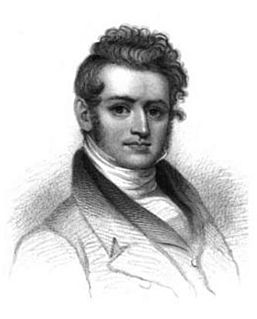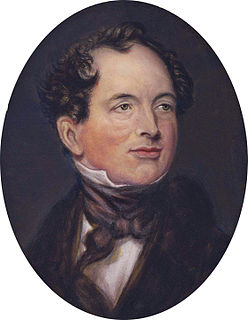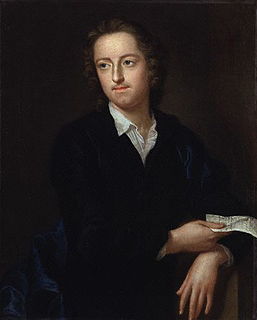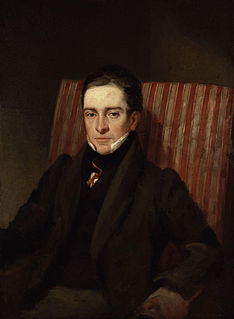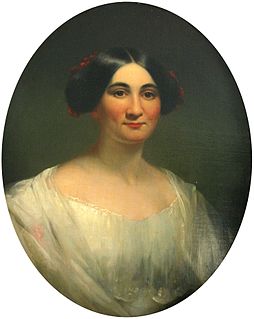A Quote by William Shenstone
Whoe'er has travell'd life's dull round, Where'er his stages may have been, May sigh to think he still has found The warmest welcome at an inn.
Related Quotes
A man's a man for a' that. . . . . A prince can mak a belted knight, A marquis, duke, and a' that; But an honest man's aboon his might, Guid faith he mauna fa' that! . . . Then let us pray that come it may, As come it will for a' that, That sense and worth, o'er a' the earth, May bear the gree and a' that. For a' that, and a' that, It's comin' yet, for a' that, When man to man, the world o'er, Shall brithers be for a' that.
We rest; a dream has power to poison sleep. We rise; one wand'ring thought pollutes the day. We feel, conceive, or reason; laugh or weep, Embrace fond woe, or cast our cares away; It is the same: for, be it joy or sorrow, The path of its departure still is free. Man's yesterday may ne'er be like his morrow; Nought may endure but Mutability!

